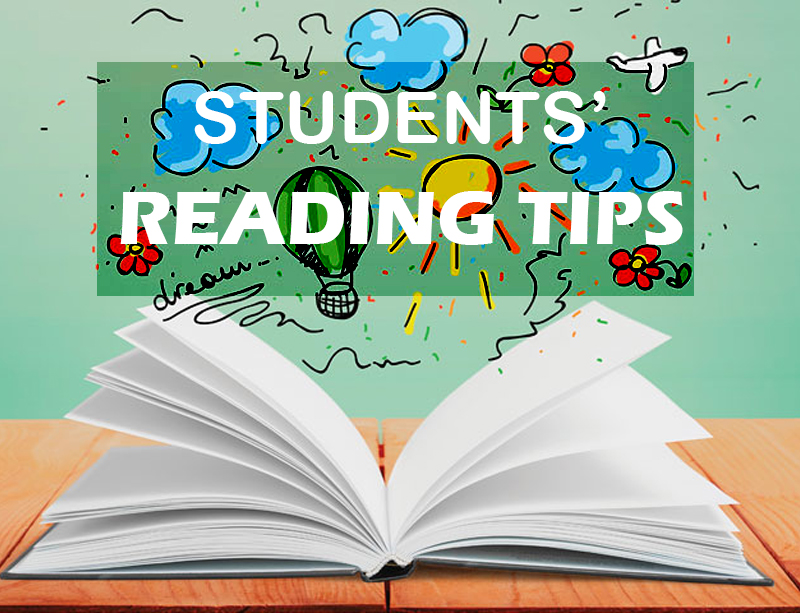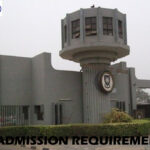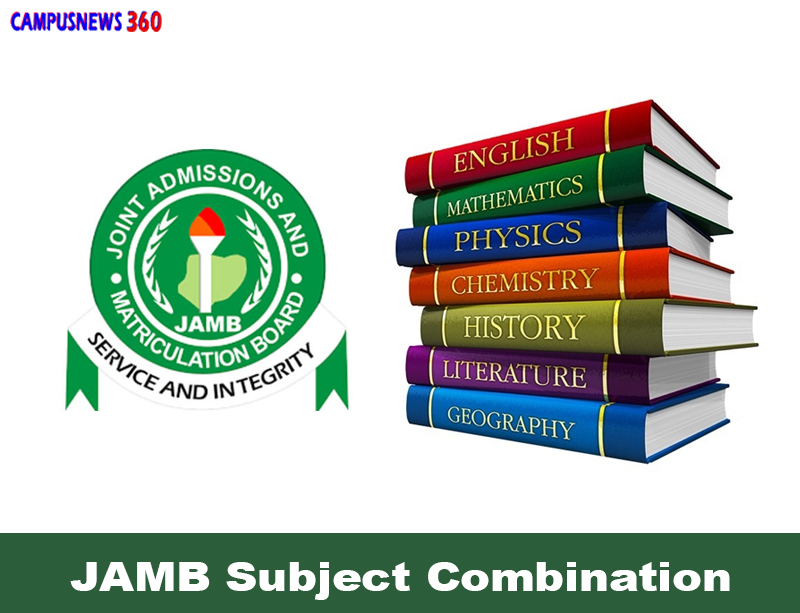Students Reading Tips: Research has shown that 14% of the world’s adult population can’t read, this is equivalent to over 32 million people.
Reading is a task that demands the understanding of individuals partaking in it. Do you have difficulty in Reading? Learning how to read is never too late
In this blog post, Campus News 360 provides help to students and individuals on simple ways to develop their skills as a reader.
Therefore we will be analysing some tips that would help you develop as a reader.
Students Reading Tips
1. The Alphabet
The foundation of learning how to read is to familiarize yourself with the English alphabet. The 26 letters of the alphabet constitute all the words used in the English language.
There are diverse ways to get familiar with English alphabets, select one that suits your learning style.
- Singing the Alphabets: The English alphabet can be learned by singing the alphabet in the form of rhymes. By singing, the melody is used to learn the sequence and relationship between the alphabets as well as aiding the memorization of them.
In order to do this you can purchase recorded songs on the English alphabet or go online to download these songs in order to be listened to repeatedly for assimilation.
- Feeling the Alphabets: It is germane to create an emotional connection between the English alphabet and the readers. For instance, a hands-on learner may consider buying sandpaper letters. Practice using the steps to feel the alphabet.
1. Visualise the letters then close your eyes.
2. Attempt to trace the letters with your fingers by repeating the name of the letter.
3. After a time of familiarisation, remove your hand from the sandpaper and attempt to write the letter in the air.
- Walk the Alphabet out: Make the English alphabet your mattresses at home. This makes the mats in learning tool. By this every time you move around the house enhances your family relation with the alphabet.
2. Know your Vowels and Consonants
“A, e, I, o, and u” are the five vowels of the English alphabet. All other 21 alphabets are referred to as consonants.
The English voice sounds are produced in the throat through the help of the mouth and the tongue. The consonants on the other hand are produced using the tongue while the mouth is used to control breath flow.
The pronunciation of vowels can be done independently unlike consonants. For instance, the letter E is simply pronounced “e” but the letter T is pronounced “Tee”, S is pronounced “es” and many more like that.
READ Tips to Succeed in University
Students Reading Tips

3. Use phonics
Phonics is a concept that is used to explain the relationship between letters and the sounds they make in the English language. For example, some letters produce sounds that are not literally their sounds. This learning process is called phonics.
Learning phonics, and hearing the sounds of the syllables of words are always helpful. This can be done by purchasing video cassettes that help to learn the sounds created by various letter combinations and the shape they take when written out.
4. Punctuation Marks
Punctuation marks offer information about sentence meanings, it is very pertinent to be aware of the indications of punctuation marks when used.
- The Comma (,) While reading and you come across a coma, it is required of the reader to pause or show slight hesitation.
- Period (.) When a period is used in a sentence, it connotes a complete stop or taking a long breath before continuing to read. The period punctuation mark is used as an indication of the end of a sentence.
- Question Mark (?) The tone of voice is always raised when questions are asked. At the end of such questions, the question mark is used. So as a reader, ensure you raise your voice when reading a sentence that ends with a question mark.
- Exclamation point (!) Exclamation points are used to show empathy and attract the attention of readers. Therefore when you read a sentence that ends with this exclamation mark, show excitement and emphasis on the word.
5. Choose meaningful reading materials
The ability to read materials that are relevant to your daily life activities is essential. As it is popularly said, the best readers are the ones who read with a purpose.
Some of the things that can be read include Newspapers, Magazines, Schedules, and Medical instructions among many other things.
6. Read Aloud
A very practical way of getting familiar with the words of a book is by reading them aloud. Verbal pronunciation of words enhances familiarisation and memorization of such words.
7. Make time to read
To become a proficient reader, there is the need for determination and dedication of time for the process. Such readers read often for sustained and uninterrupted periods of time.
To become a better reader, dedicating a good amount of time on a daily basis devoted to reading is a smart thing to do.
Making time for reading can be enhanced by creating a reading log that monitors how much time the reader uses for reading.
DON’T MISS Best Chances of Getting a Scholarship
8. Word attack strategies
By attacking the words, this strategy allows the readers to critically understand the meaning and pronunciation of words that they are not familiar with. Words are broken down to the understanding of the readers.
Students Reading Tips
9. Picture Clues
Readers should explore the people, places, actions, and objects that might make sense in pictures or visual objects contained in a page. These photos and illustrations would help in understanding.
10. Re-read
The pages that have been read can be gone all over again. In doing this, readers should try to substitute different words with ones they may not be familiar with or understand. In order to establish their understanding of the words.
11. Keep reading
In cases where students come across words that are ambiguous and not understandable to them, it is advisable for the readers to keep reading and ignore the words.
In cases where the words are used again, it is recommended that readers compare the usage of those words and try to make sense of the meaning through their usage.
12. Trust Your experiences
The knowledge and your experience of the topic of the book, paragraph, or sentence is important in understanding it. Based on this knowledge of the subject matter, it is easy to make meaning to words that look ambiguous.
For More Latest Updates, Follow Our Facebook Page
Don't Miss Scholarships, Post UTME, JAMB and Admissions Updates. Receive news as they break.







